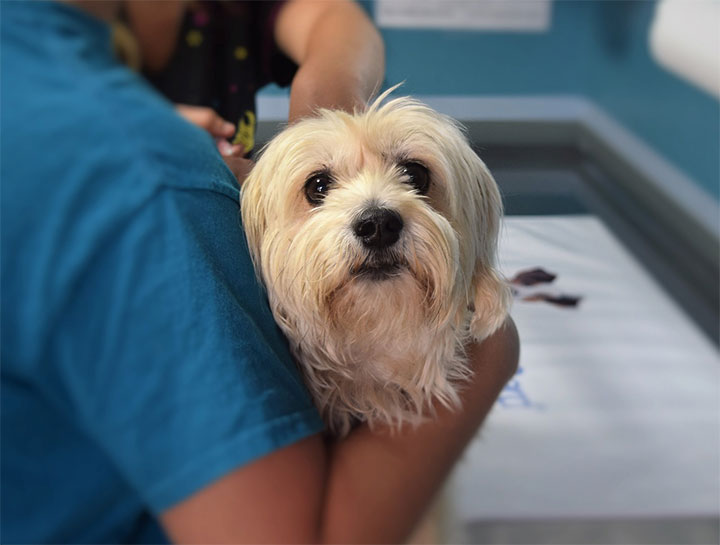Emergency Pet Care
Find treatment fast.
We are equipped to see certain veterinary emergencies during our regular hours. However, if your pet experiences an after-hours emergency, they require an overnight observation, or we determine they require a level of specialty care that can be better provided elsewhere, we’ll refer you to the closest specialty care or emergency animal hospital.
In case of an after-hours emergency, please contact:
Capital Area Veterinary Emergency Services (CAVES)
1 Intervale Road, Concord, NH 03301
(P) 603-227-1199
Veterinary Emergency Center of Manchester
2743 Brown Avenue, Manchester, NH 03103
(P) 603-666-6677
Veterinary Emergency & Surgery Hospital
175 Route 125, Brentwood, NH 03833
(P) 603-288-1515
Urgent Vet
2305 Brown Avenue, Suite 2, Manchester, NH 03103
(P) 603-999-4848
Lead Urgent Care Veterinary Services
22 Bridge St. #16, Concord, NH 03301
(P) 603-333-2706
Hours: Monday & Friday 12pm to 8pm, Saturday & Sunday 10am to 8pm
Emergency Pet Care Tips
The following are some tips to help your pet in case of an emergency. Information and advice contained below are for your consideration only. Please consult your veterinarian for specific advice concerning the care and treatment of your pet.
Tips to help your pet in case of an emergency:
- Consider taking a pet first aid class or buy a pet first aid care guide.
- Call your veterinarian ahead of time to let them know you are coming in with an emergency.
- Transport injured pets in a large blanket. Besides keeping your pet warm, it may be used as a stretcher if needed.
Common Animal Emergency Conditions
-
- Heatstroke kills family pets every year because they are left in cars on warm days. Look for signs of rapid breathing, panting, or collapse.
- Heatstroke / What should you do?
- Move your pet to a shaded or cool area.
- Sponge or hose your pet down with cool water (do not use ice).
- Encourage your pet to drink small amounts of water.
- Contact your veterinarian for further instructions.
- Heatstroke / What should you do?
- Cuts and Wounds— Deep cuts and wounds are common in pets due to broken glass and sharp objects.
- If your pet is bleeding:
- Apply firm, continuous pressure directly over the bleeding site using thick gauze pads or clean cloths to control bleeding.
- If the area is painful, you may need to muzzle or restrain your pet to avoid bites.
- Transport your pet immediately to the nearest emergency animal hospital or your veterinarian's office.
- If your pet is bleeding:
- Pet Poisoning— Family pets are at risk of all kinds of poisoning every day; things like insecticides, weed killers, antifreeze, acids, fertilizers, paints... the list is extensive.
- If your pet is poisoned:
- Keep your pet warm and quiet.
- Try to determine what the poison was, when it was ingested and the amount swallowed.
- Immediately call your veterinarian or your nearest poison control center.
- When you take your pet to the vet, bring the label or container of poison with you.
- Keep poisonous materials properly stored and out of reach of pets.
- Keep emergency numbers handy by the phone.
- If your pet is poisoned:
- Shock is the result of an injury or disease to the body that produces inadequate blood circulation. Pets in shock show signs of weakness, grey gums, shallow breathing, a weak pulse and may collapse.
- If your pet appears to have the above symptoms:
- Wrap your pet in a blanket to keep him warm and comfortable.
- Transport your pet to the nearest veterinary hospital or emergency clinic.
- First aid can be attempted while on route to the hospital.
- Do not give your pet any water or food.
- Keep the head slightly lower than the body and the tongue extended to keep the breathing path open.
- If your pet appears to have the above symptoms:
- Heatstroke kills family pets every year because they are left in cars on warm days. Look for signs of rapid breathing, panting, or collapse.
NOTE: In an emergency situation, there is no substitute for proper medical care administered by a qualified veterinarian.
For immediate assistance, call us at (603) 229-0674.

